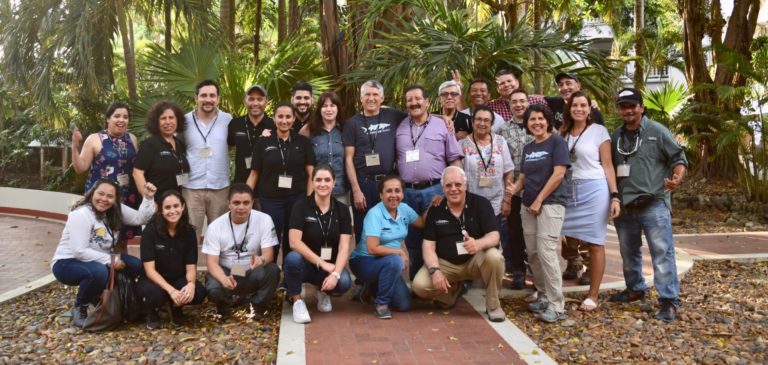The safety of environmental defenders depends on the Escazú Agreement
By: Rafaela Iturralde

“Last Friday, Roberto Carlos Pacheco Villanueva was assassinated. He and his father, Demetrio Pacheco, had been threatened by illegal miners and invaders of their concession, for that reason they had asked for guarantees for their life, but this protection never came. Now we regret once again the death of an environmental defender.” – Silvana Baldovino, September 24, 2020, RPP Noticias
Latin America has, undoubtedly, become the most dangerous region for environmental activists and defenders of Mother Earth. A mechanism of protection in the region is imperative and it is urgent. This mechanism exists. It’s known as the Regional Agreement on Access to Information, Public Participation and Justice in Environmental Matters in Latin America and the Caribbean, or the Escazú Agreement.
In 2012, at the UN Conference on Sustainable Development (Rio+20) a declaration was endorsed by Chile, Costa Rica, the Dominican Republic, Ecuador, Jamaica, Mexico, Panama, Paraguay, Peru, and Uruguay. The countries’ representatives agreed there was a need for a regional instrument that could lead to a regional convention to grant citizens with appropriate access to information, an opportunity to participate in decision-making, and access to judicial and administrative proceedings. The following six years involved negotiations which culminated in the Escazú Agreement, adopted in 2018 and opened for signature to 33 countries.
Waterkeeper Alliance’s Executive Director, Marc Yaggi, sent a letter to Presidents and Prime Ministers of 12 countries that had either not signed or not ratified the agreement. These countries, the Bahamas, Belize, Brazil, Chile, Colombia, Costa Rica, the Dominican Republic, El Salvador, Guatemala, Mexico, Peru, and Trinidad and Tobago, are home to 23 Waterkeeper Organizations that work every day for clean water and healthy communities—and are often threatened by doing so.
There are certain important aspects of the Agreement that need to be addressed in order for it to enter into force. Countries have a deadline to sign the Agreement by September 26. Additionally, at least 11 countries have to ratify the agreement for it to enter into force. So far, only 22 out of the 33 countries have signed it and nine have ratified it.
This matter is important not only to Waterkeepers and their colleagues, but also to every environmentalist, activist, and defender of our planet. We need to collectively pressure heads of states to ratify this agreement in order to grant basic rights to people like Roberto Carlos Pacheco Villanueva, people who devote their time and career to this important and selfless matter.
Feature image: The Latin American Regional Summit, from April 24-28, 2019 in Cartagena, Colombia, had 37 participants representing Waterkeeper groups from Chile, Colombia, Costa Rica, the Dominican Republic, Ecuador, El Salvador, Mexico, Panama, and Peru.